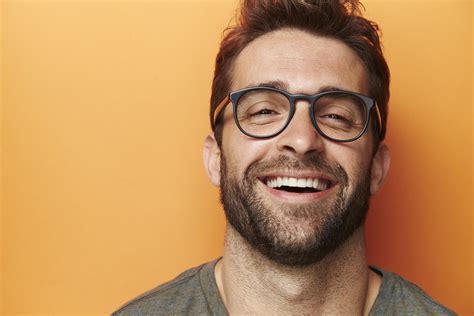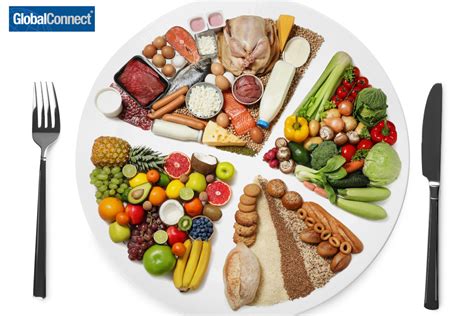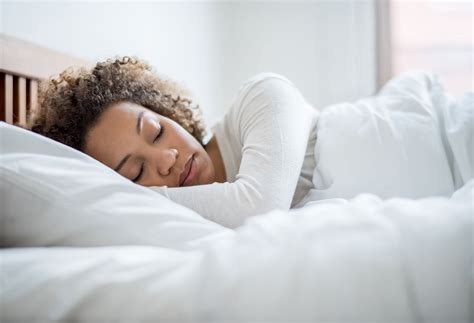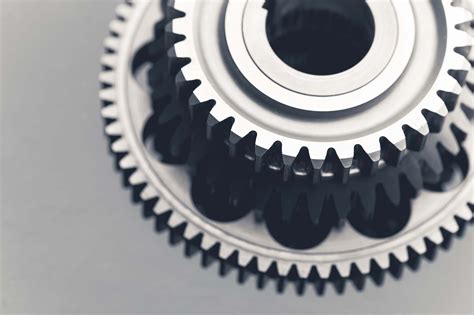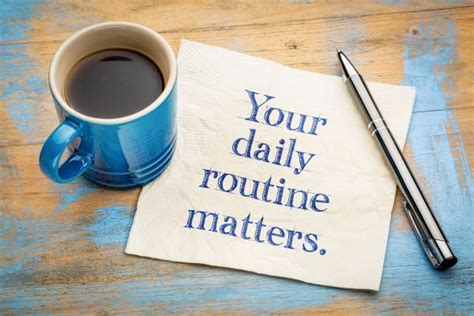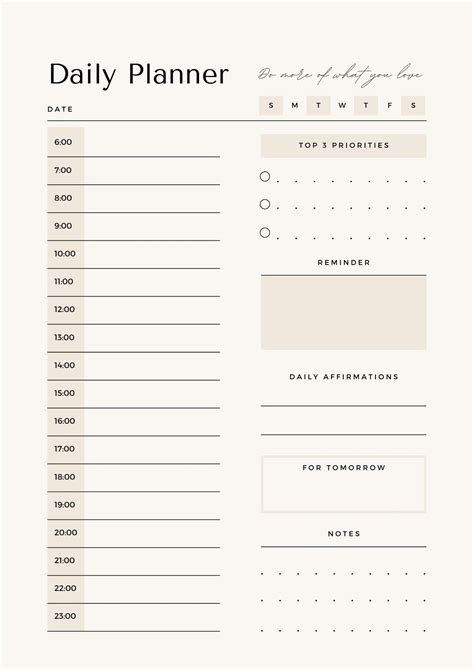How does the common societal pressure on men to appear “strong” or “invincible” specifically impact their likelihood of seeking mental health support or discussing physical health concerns with a doctor?

The Silent Burden of Stoicism: Decoding Masculine Health Disparities
From a young age, many men are subtly, and sometimes overtly, taught that strength is synonymous with stoicism, invulnerability, and emotional resilience. This deeply ingrained societal narrative often dictates that expressing vulnerability, especially concerning health, is a sign of weakness. The pressure to conform to an ideal of unwavering self-reliance can have profound and detrimental effects on men’s well-being, specifically impacting their willingness to seek mental health support and address physical health concerns proactively.
This expectation isn’t just about appearing tough; it’s about internalizing a belief that acknowledging pain or needing help somehow diminishes one’s masculinity. This cultural conditioning creates a significant barrier to effective healthcare, leading to delayed diagnoses, untreated conditions, and preventable suffering.

Mental Health: The Unspoken Battle
The impact on mental health is particularly stark. Men are often less likely to acknowledge feelings of depression, anxiety, or stress, viewing them as personal failures rather than treatable conditions. The stigma associated with mental health issues is magnified by the ‘strong’ facade, making it exceptionally difficult for men to open up to friends, family, or professionals. Consequently, they are less likely to seek therapy, counseling, or psychiatric help, often bottling up emotions until they reach a breaking point.
This suppression can manifest in unhealthy coping mechanisms, such as substance abuse, risk-taking behaviors, or aggression, further isolating them from support. Studies consistently show lower rates of men initiating mental health treatment, despite comparable or even higher rates of experiencing mental health disorders, including a disproportionately high suicide rate among men globally.

Physical Health: A Dangerous Delay
The ‘invincible’ stereotype extends beyond mental fortitude to physical health. Many men are socialized to ‘tough it out,’ downplaying symptoms, ignoring pain, or delaying doctor visits until a condition becomes severe. The idea of routine check-ups or preventative care is often seen as unnecessary for someone perceived as robust and healthy. This reluctance stems from a fear of being perceived as weak, vulnerable, or ‘complaining,’ which challenges their self-image of strength.
Common consequences include delaying prostate cancer screenings, neglecting symptoms of heart disease, or not discussing sensitive issues like erectile dysfunction or depression with their primary care physician. This delay in seeking medical attention can turn treatable conditions into chronic or life-threatening illnesses, significantly impacting their quality of life and longevity.

The Ripple Effect: Long-Term Consequences
The cumulative effect of these societal pressures is a substantial disparity in health outcomes. Men, on average, have a shorter life expectancy than women, partly attributable to these behavioral patterns. Untreated mental health conditions can exacerbate physical ailments, and unaddressed physical symptoms can contribute to mental distress, creating a vicious cycle.
Moreover, this stoicism can strain relationships, as partners and family members may feel shut out or unable to provide support when a man is unwilling to express his needs or vulnerabilities. The long-term societal cost includes a less healthy workforce, increased healthcare expenditure on advanced conditions, and a general diminishment of overall community well-being.
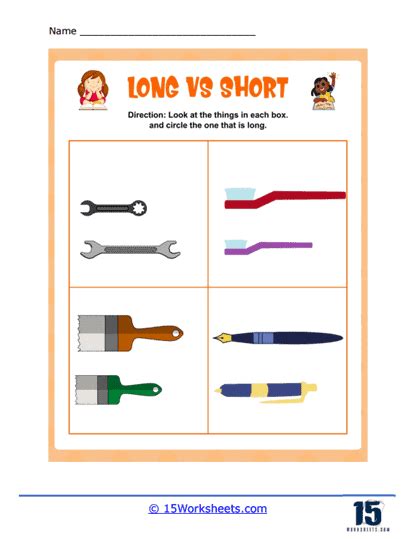
Breaking the Mold: Fostering a Culture of Openness
Challenging these deeply entrenched societal norms requires a multi-faceted approach. Promoting emotional literacy from a young age, encouraging open conversations about feelings and health, and providing safe spaces for men to express vulnerability without judgment are crucial steps. Media representation that showcases diverse forms of masculinity, where strength is redefined to include self-awareness and the courage to seek help, can also play a vital role.
Healthcare providers also have a responsibility to create welcoming environments, use empathetic language, and actively inquire about both mental and physical health concerns in a way that de-stigmatizes help-seeking. Ultimately, dismantling the pressure to appear ‘invincible’ is not about making men weaker; it’s about empowering them to live healthier, fuller, and more authentic lives.
